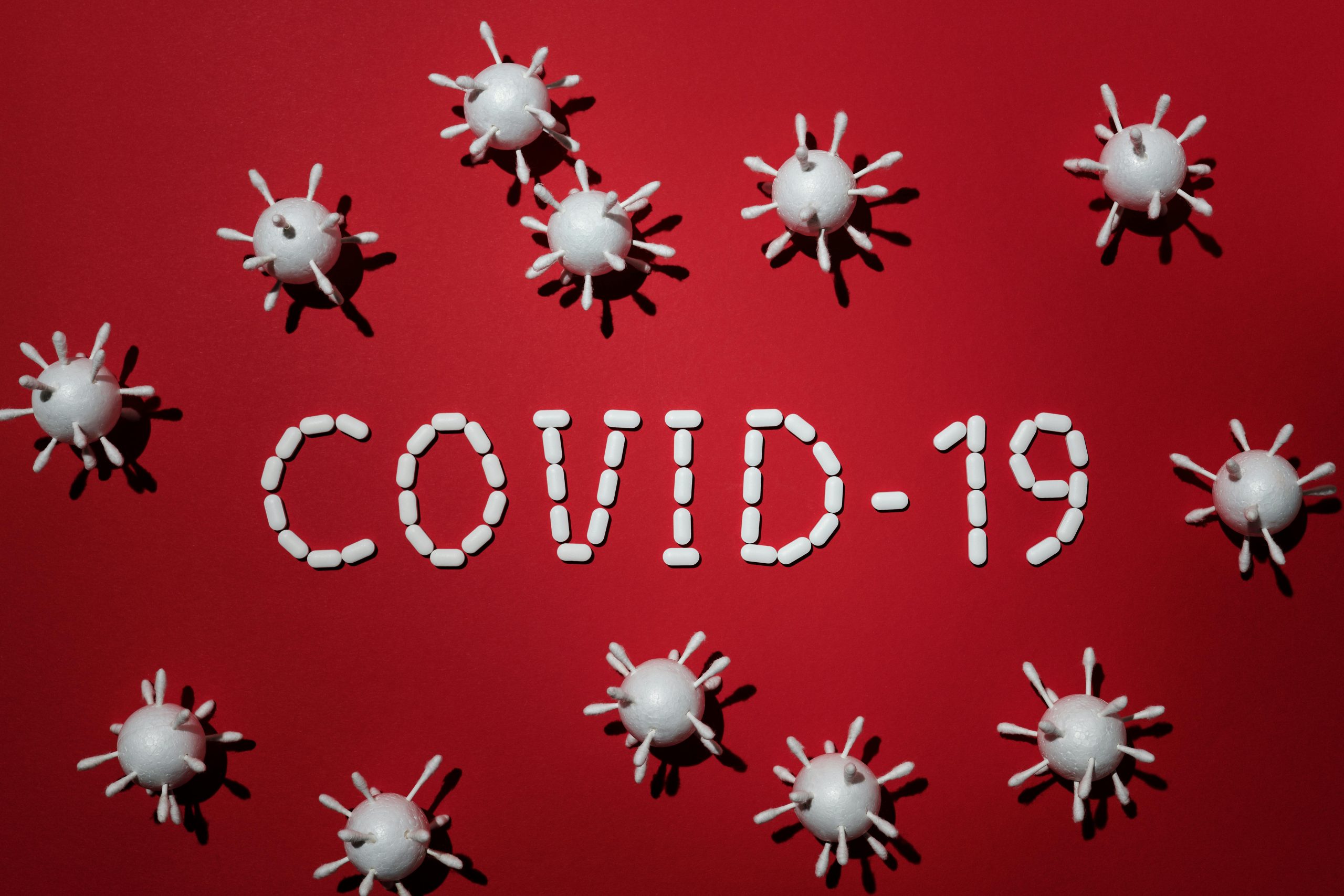How Do You Qualify for a Stimulus Check?
Published:Find Out If You’re Eligible for a COVID Relief Stimulus Payment
Amidst the Coronavirus crisis, nationwide lockdowns, and resulting economic troubles, there has been some financial help for struggling Americans. This includes stimulus checks for individuals, expanded unemployment benefits, emergency loans for small businesses, medical funding, and more.
So far, the federal government has authorized two stimulus checks for eligible individuals – in general, the first payment is worth up to $1,200 per person and the second payment is worth up to $600 per person. There are also additional stimulus checks for qualified dependents.
It’s important to note that the eligibility requirements for the first round of stimulus checks are different than the second round of stimulus checks. Many people are eligible for both stimulus checks in the full amounts, but some people are only eligible for the first stimulus check, and some are not eligible for either payment.
Do you qualify for a stimulus check, and how much money are you eligible for? How do you get your stimulus check? This article helps answer those questions and more.
The Coronavirus Aid, Relief, and Economic Security Act (a.k.a. The CARES Act) was signed into law by President Trump on March 27, 2020. This first major stimulus package allocated about $2 trillion for federal aid programs, including stimulus checks of up to $1,200 per eligible individual.
Who Gets a $1200 Stimulus Check?
Whether or not you get a stimulus check depends on your Adjusted Gross Income (AGI) from your 2018 or 2019 federal tax return, whichever is the most recent year you filed with the IRS. It is also based on your filing status.
You are qualified for the first stimulus check (up to $1,200) if your AGI was below the following threshold:
- $99,000 for Single filers
- $198,000 for Married Couples Filing Jointly
- $136,500 for Heads of Household
The most you can get as an individual (Single filer) for the first round of stimulus payments is $1,200. A married couple that files a joint tax return is eligible for up to $2,400. You will receive the maximum amount for your stimulus check if your AGI is:
- $75,000 or less for Single filers
- $150,000 or less for Married Couples Filing Jointly
- $112,500 or less for Heads of Household
The amount of your stimulus check is decreased if your AGI is more than the thresholds listed above.
Note that if you were claimed as a dependent on another person’s income tax return, you will not receive a stimulus check.
If you did not file a tax return in 2018 or 2019, the IRS has provided an online tool where you can register your information so you can receive a stimulus check.
RELATED: Check the Status of Your Stimulus Payment
Who Gets a $500 Stimulus Check?
Also included under the CARES Act, in addition to the $1,200 stimulus checks per individual, is an extra $500 for each qualified dependent child. This means you get an additional $500 for each qualifying child you have who is age 16 or younger.
The COVID-Related Tax Relief Act (December 2020)
The COVID-Related Tax Relief Act of 2020 was signed into law by President Trump on December 27, 2020. This was the second major stimulus deal and it allocated about $900 billion to federal assistance programs, including a second round of stimulus checks worth up to $600 for each eligible individual.
Who Gets a $600 Stimulus Check?
Whether or not you receive a second stimulus check depends on your Adjusted Gross Income (AGI) from your 2019 federal tax return, as well as your filing status.
You are eligible for the full $600 second stimulus check if your AGI for the 2019 tax year was below the following amount:
- $75,000 or less for Single filers
- $150,000 or less for Married Couples Filing Jointly
- $112,500 for Heads of Household
If your 2019 AGI is above the threshold, the amount of your stimulus check will be decreased. For each $100 of income you earned that’s over the threshold, your stimulus payment will be reduced by $5.
A Single filer whose income is above $87,000 will not receive a second stimulus check. A Married Filing Jointly couple whose combined income is above $174,000 will not receive a second stimulus check either.
Note that if you have any qualified dependents (children under age 17), you may also be eligible for a $600 stimulus check for each dependent.
RELATED: Second Stimulus Checks: When, How, and How Much?
Check the Status of Your Stimulus Payment
You can look up the status of your stimulus check by using the IRS “Get My Payment” (GMP) online tool. This tool will help confirm whether the IRS has sent your stimulus payment and how your payment is/was sent – either by Direct Deposit to your bank account or by paper check in the mail.
You will need to enter some personal information into the “Get My Payment” system, including your Social Security Number (SSN), date of birth, and street address.
>> Find Out the Status of Your Stimulus Check



